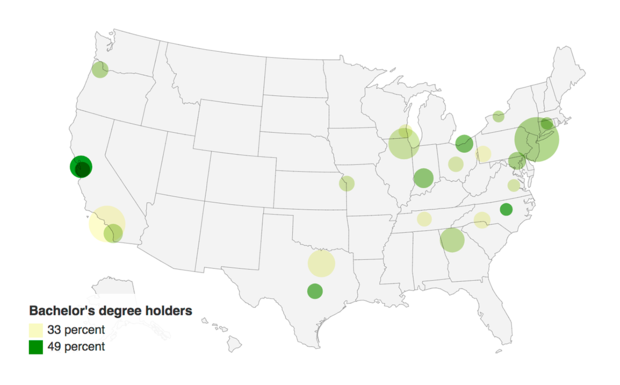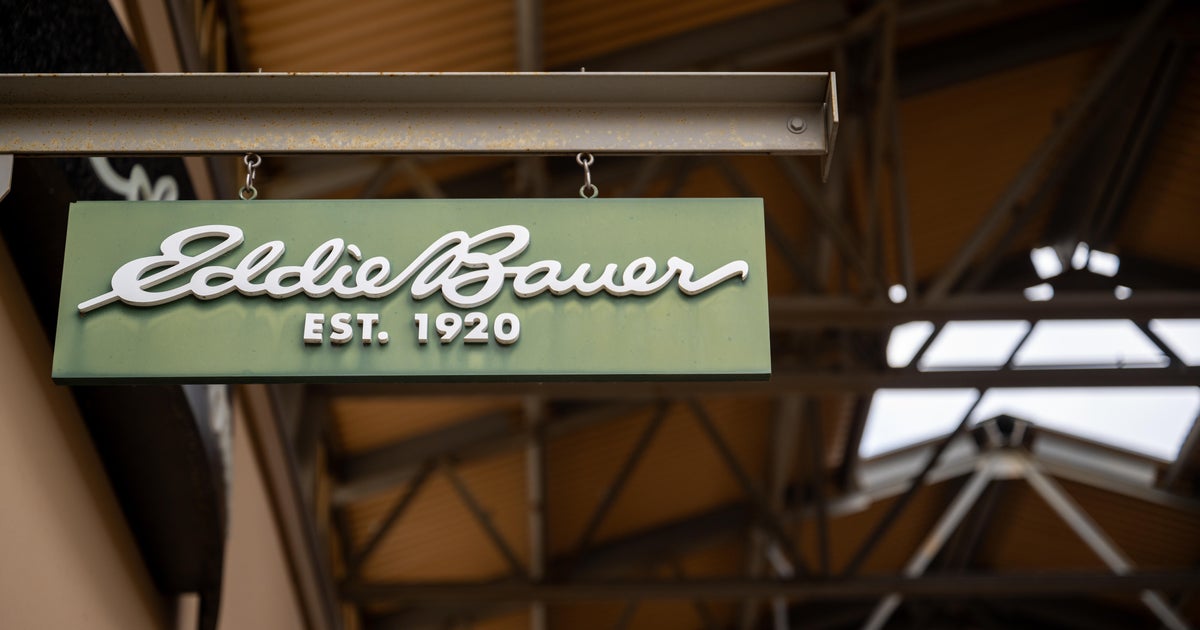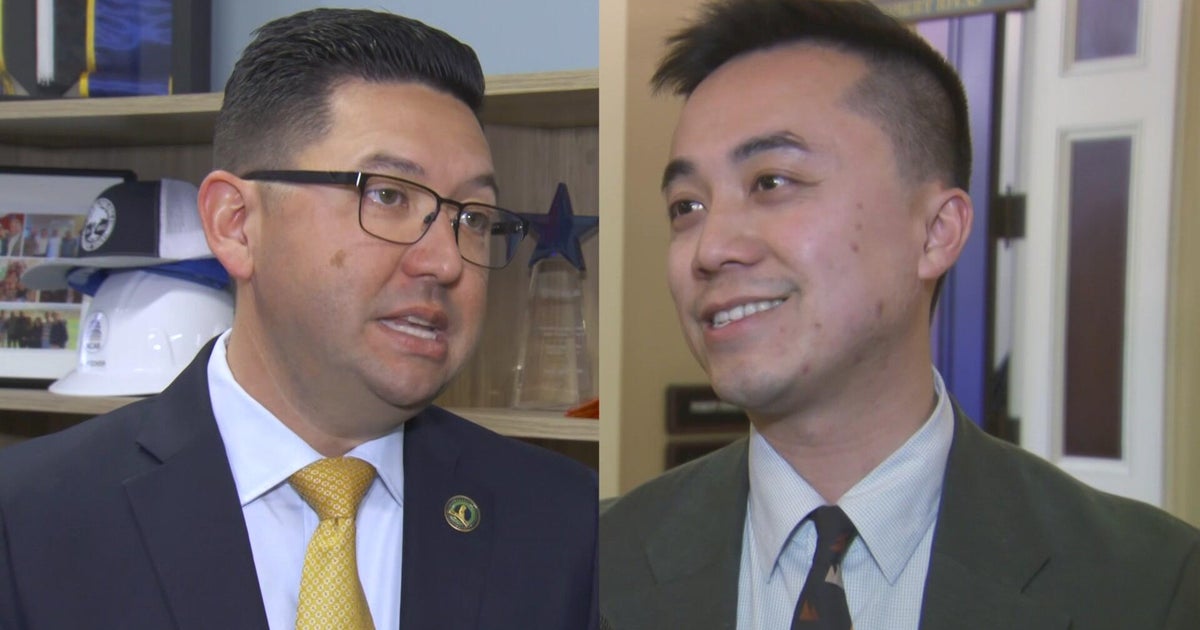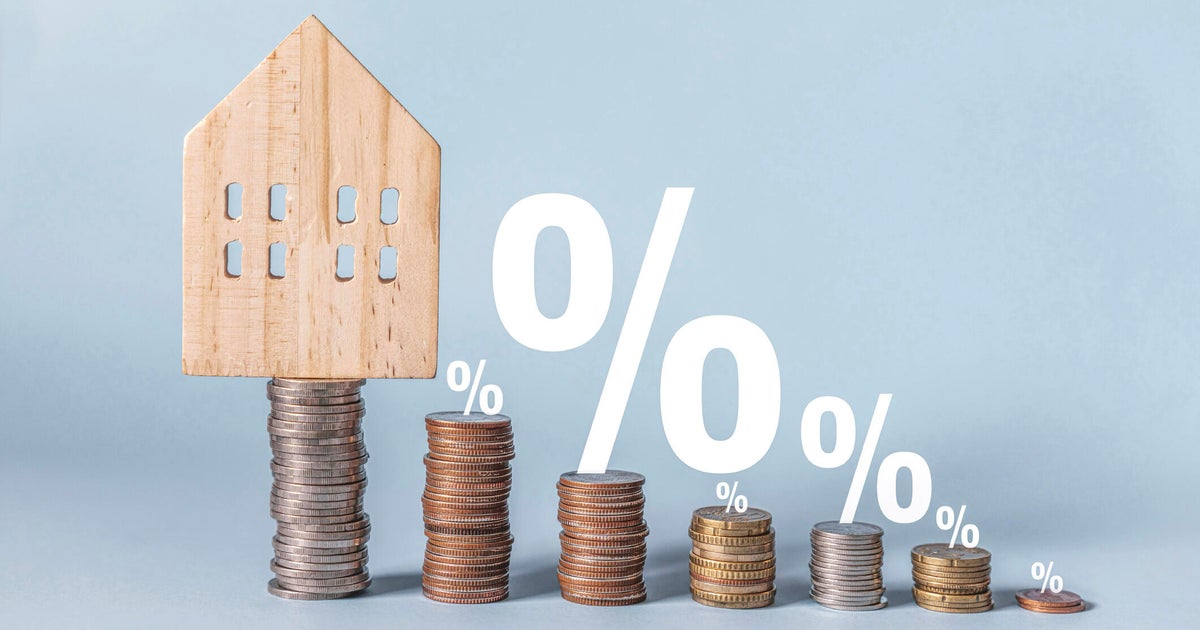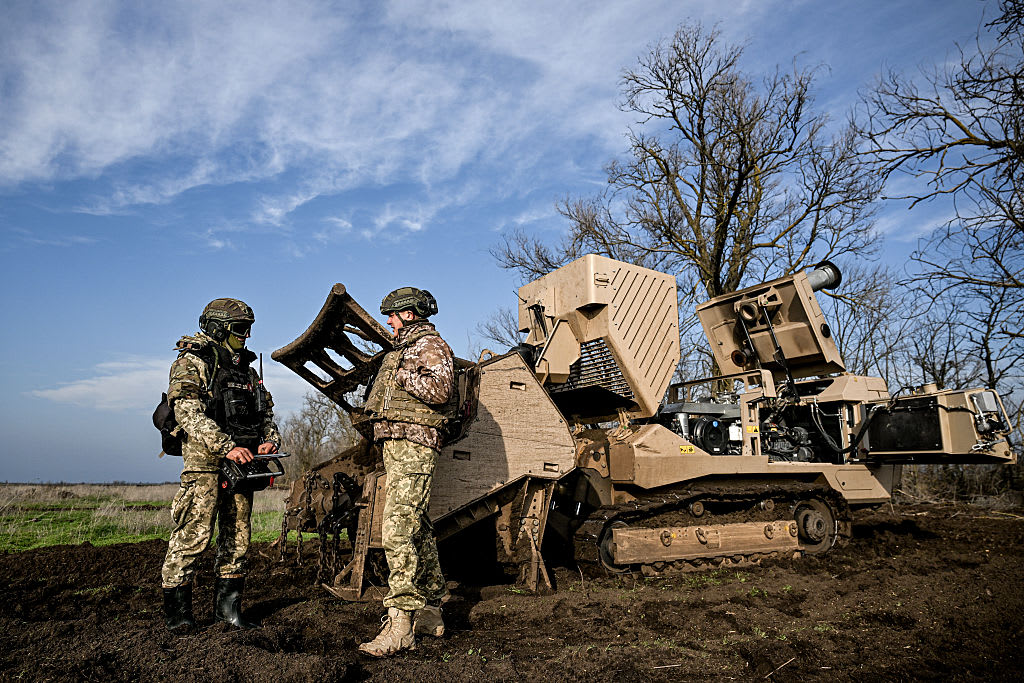Amazon's HQ2 opens bidding war among cities
Cities and states across the country leaped to their feet when e-commerce giant Amazon (AMZN) announced it was looking for a second location.
The online retailer wasn't shy in describing exactly what it wanted. And what that is, in case anyone was wondering, is incentives. "[T]his is a competitive project," the company said in its formal request for proposals, and "Amazon welcomes the opportunity to engage with you in the creation of an incentive package, real estate opportunities, and cost structure to encourage the company's location of the project in your state/province."
For many cities, that means an all-out hustle to get noticed by Oct. 19, the deadline for making a proposal. Efforts have included editorials, ads in The New York Times, promises from politicians and the gift of a giant saguaro cactus. Even Seattle, the site of Amazon's current headquarters, isn't sitting out the process of pitching for the company's second headquarters.
"There's a lot of money put into things like specialized infrastructure for a company," said Michael Mazerov, a fellow at the Center on Budget and Policy Priorities. "If they were to locate in a suburban location, it's not unheard of for states to build a major interchange. There are targeted training programs for employees. There are all kind of different incentives provided -- infrastructure, extensions of sewer lines."
But the most common incentives by far, Mazerov said, are tax cuts. "Unfortunately, they're perceived as costless," he said. "There's this attitude that 'if they hadn't come, we wouldn't have gotten any tax revenue to being with.'" However, localities often overestimate the value a project will add relative to the costs of infrastructure, transit and other services needed to support the company.
"The additional economic activity from incentivizing a particular business never generates enough additional revenue to pay for the cost of the subsidy," said Mazerov, who eventually changed his assessment from "never" to "rarely."
Some 50 cities in North America have said they plan to bid for Amazon's second HQ, according to Business Insider. That includes plenty that don't meet Amazon's criteria. CBS MoneyWatch calculated that 26 metro areas meet the requirements of having a highly educated population.
Cities contending for Amazon's second headquarters
And while subsidies won't make up for any business fundamentals a particular location may lack, analysts believe even fundamentally attractive cities will have to use those incentives to clinch the deal.
"Nobody's going to get this deal without an act of the legislature and that state also granting some incentives," said Bruce Maus, principal at Auxilium Solutions, a logistics firm. "That means the governor of the state is probably going to respond personally before the deadline and promise that he or she can deliver."
"They're going into this with a lot of swagger," John Boyd Jr., a relocation consultant and founder of Boyd Co., said of Amazon. "They have the ability and the wherewithal and the resources to have this swagger."
The ultimate size of the incentive package is hard to predict, analysts say, in part because of the headquarters' size. "Think of all the success Boston has had over the past decade -- this would dwarf that," said Boyd.
Indeed, the frenzied response from cities and states to Amazon's invitation to bid mirrors the reaction to similar, though smaller, projects, such as Wisconsin's Foxconn facility, Tesla's (TSLA) Gigafactory in Reno, Nevada, and GE's (GE) corporate relocation from Fairfield, Connecticut, to Boston.
The subsidies for those deals hint at the figure Amazon likely hopes for. Foxconn garnered an unprecedented $3 billion in subsidies from Wisconsin for a promised 3,000 to 13,000 jobs. That investment works out to at least $230,000 per job, a cost that it would take the state, by its own calculation, 25 years to recover.
Tax breaks for Tesla's 6,500-job factory come to $200,000 a job. And the $145 million subsidy GE received to move its headquarters to Boston works out to $181,000 per job.
At those rates, Amazon's promised 50,000 jobs could translate into a subsidy between $9 billion and $11 billion -- one-quarter of the value Amazon says its activity added to Seattle's economy over six years.
The particular value of incentives differs dramatically from state to state and location to location, according to research from Tim Bartik, a senior economist at the Upjohn Institute for Employment Research. They can be as little as one-thousandth of the value a project adds, in Washington, or as much as 4.23 percent, in New Mexico.
Of course, figuring out exactly how much value a project adds is no easy thing. Calculating subsidies, too, is challenging because local governments tend to hide their full extent. But according to Good Jobs First, a nonprofit that opposes corporate subsidies, Amazon has benefited from $1 billion in state and local tax breaks over its lifetime. Nearly a quarter of that amount was awarded over just two years, 2015 and 2016.
"At the end of the day, you and I can't know why Amazon made a decision," said Greg LeRoy, the group's executive director. "Taxpayers should watch their wallets."
But subsidies aside, cities could take other measures to attract Amazon, such as speeding up infrastructure projects or other public improvements, said Boyd.
"This is a call to arms, if you will, for not just politicians but also developers to fast-track development activity in the works," he said. That type of investment actually has the potential to benefit many industries in a more equitable way than would tax breaks for a single large employer. And when the bidding city loses to another (as 49 cities are bound to do), its improved infrastructure will put it in a better position to attract a future big business, not to mention workers.
So far, just one city has declined to jump on the subsidy bandwagon: Toronto. In putting together the city's bid, Toronto Global, the business organization representing the region, touted Toronto's strong tech economy and the wealth of publicly supported infrastructure, including free public education and universal health care.
"Tax breaks won't create talent," the group's chair, Mark Cohan, told the CBC.
He told CBS MoneyWatch the group was "internally exploring" the possibility, but he emphasized what he called Toronto's already favorable business tax environment.
"We're going to be thoughtful about that, but it goes back to the main premise, which is talent," Cohan said. "We are the third-largest tech ecosystem in North America. Last year we added more jobs than New York and San Francisco combined."
